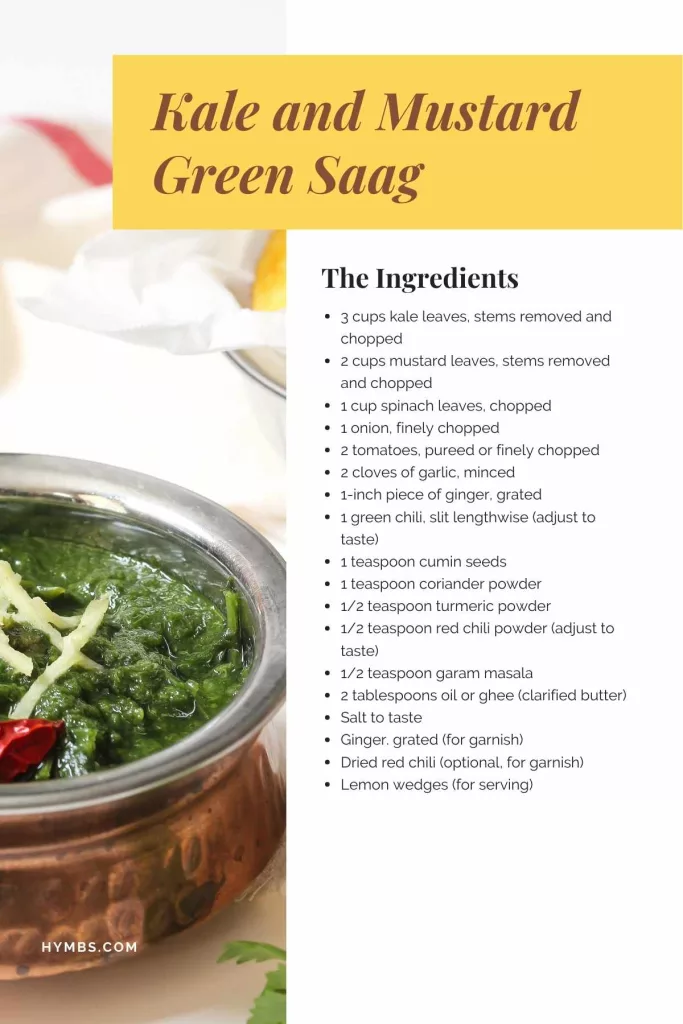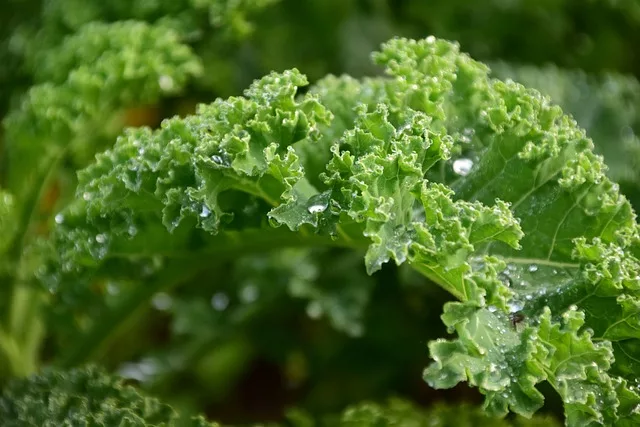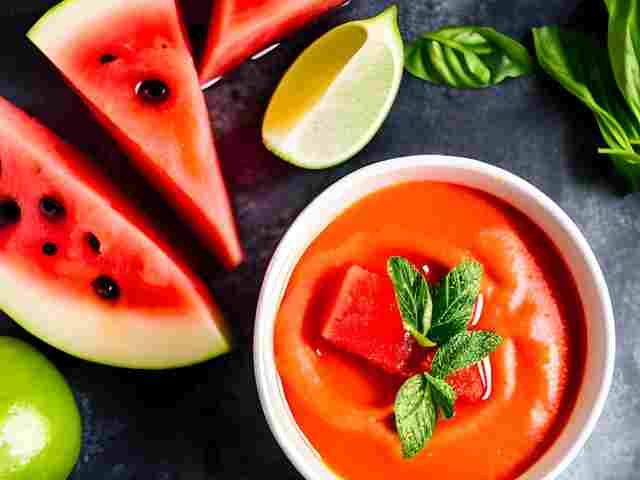Kale, a leafy green vegetable with a vibrant reputation, has emerged as one of the most celebrated superfoods in recent years. This article explores the comprehensive benefits, nutritional value, and versatile culinary uses of kale, making it a valuable addition to any healthy diet. Discover how to incorporate this nutritional powerhouse into your meals and elevate your overall well-being.
Why Kale?
- Nutritional Profile: Kale stands out for its exceptional nutrient density. It is rich in vitamins A, C, and K, providing a significant portion of daily recommended intake in just a single serving. It also contains essential minerals such as calcium, potassium, and magnesium, along with dietary fiber and protein. Kale is incredibly low in calories and fat, making it a great choice for weight management.
- Powerful Antioxidant Content: One of the key reasons for kale’s superfood status is its potent antioxidant content. Kale contains a variety of antioxidants, including flavonoids, carotenoids (beta-carotene, lutein, and zeaxanthin), and vitamin C. These antioxidants protect the body against oxidative stress, reduce inflammation, and help fight against chronic diseases, including heart disease and certain types of cancer.
- Anti-Inflammatory Properties: Kale contains compounds with anti-inflammatory properties, such as glucosinolates and omega-3 fatty acids. These compounds help combat chronic inflammation, a major contributor to various diseases, including arthritis, diabetes, and obesity. Regular consumption of kale can contribute to a balanced inflammatory response in the body.
- Heart-Healthy Benefits: Kale’s impressive nutrient profile makes it a heart-healthy food choice. Its high fiber content aids in maintaining healthy cholesterol levels, while its potassium content supports blood pressure regulation. The antioxidants and anti-inflammatory compounds in kale further contribute to cardiovascular health, reducing the risk of heart disease and stroke.
- Eye Health Promotion: The presence of lutein and zeaxanthin in kale makes it beneficial for eye health. These carotenoids act as antioxidants, protecting the eyes from harmful UV radiation and reducing the risk of age-related macular degeneration and cataracts. Regular consumption of kale can help maintain optimal vision and eye health.
- Digestive Health Support: The fiber content in kale supports a healthy digestive system. It aids in regular bowel movements, prevents constipation, and promotes the growth of beneficial gut bacteria. Additionally, kale contains sulfur compounds that aid in detoxification and assist the liver in its crucial role of eliminating toxins from the body.
How to Incorporate Kale


- Raw in Salads: Enjoy kale in its raw form by adding it to salads. Massage the leaves with a bit of olive oil and lemon juice to soften the texture and enhance the flavor. Combine it with other fresh vegetables, fruits, and a light dressing for a nutritious and refreshing meal.
- Sautéed or Stir-Fried: Sauté or stir-fry kale with some garlic, onions, and your choice of spices for a quick and flavorful side dish. Add it to stir-fries, pasta dishes, or grain bowls to boost the nutritional content.
- Blended in Smoothies: Blend kale leaves with your favorite fruits, yogurt, and a liquid of your choice to create a nutrient-packed smoothie. It’s an excellent way to start your day or to enjoy as a snack.
- Baked as Crispy Chips: Toss kale leaves with a drizzle of olive oil, sprinkle with salt and seasonings, and bake in the oven until crispy. These kale chips make a healthy and satisfying alternative to potato chips.
- Added to Soups and Stews: Enhance the nutritional value of your soups and stews by adding chopped kale towards the end of the cooking process. It adds a vibrant green color and a hearty texture.
Kale’s exceptional nutritional profile and health benefits make it a standout superfood. By incorporating kale into your diet anyway you that can enjoy its numerous health benefits while indulging in delicious and nutritious meals.
Image by Leopictures from Pixabay
Fruits and Vegetables
-

Why Are Raisins A Naturally Perfect and Easy Snack
Raisins are a popular dried fruit that has been enjoyed for centuries. Derived from grapes, raisins offer a naturally sweet and chewy flavor that makes them a delightful snack on their own or a versatile ingredient in a variety of dishes. In addition to their delicious taste, raisins are packed with essential nutrients that contribute…
-

Watercress: A Nutrient-Packed Superfood for Vibrant Health
-

3 Delightful Ways to Enjoy Watermelon with Creative Recipes
-

Did You Know that Watermelons Are Healthy For You?
-

How to Savor The Surprising Health Benefits of Prunes
-

Sprouts: Nutritional Powerhouses and Simple Home Growing Recipe
-

10 Best Foods to Support Your Hormones for Balance









Leave a Reply